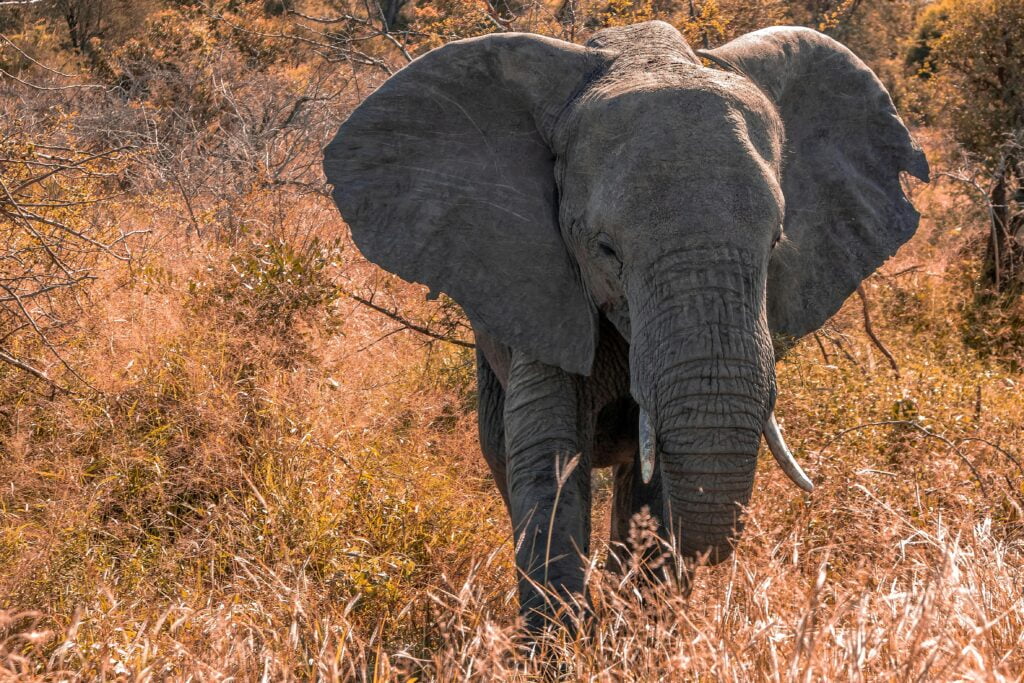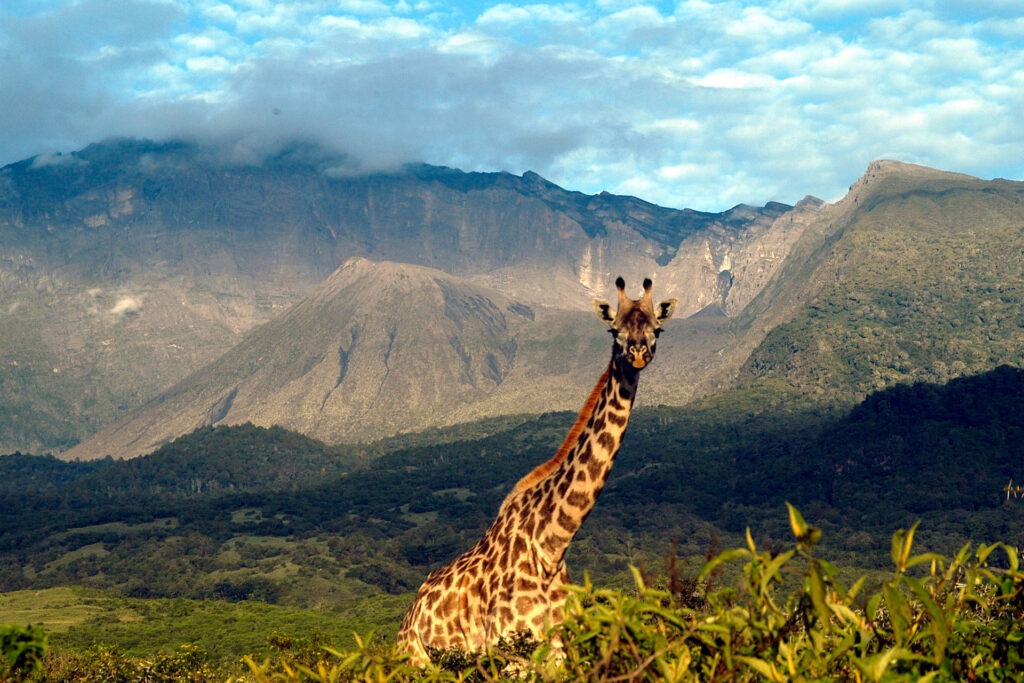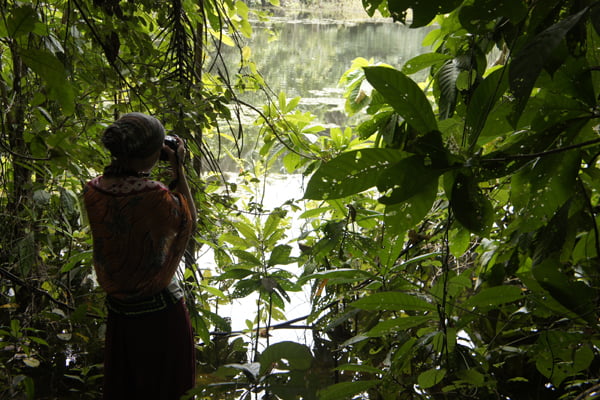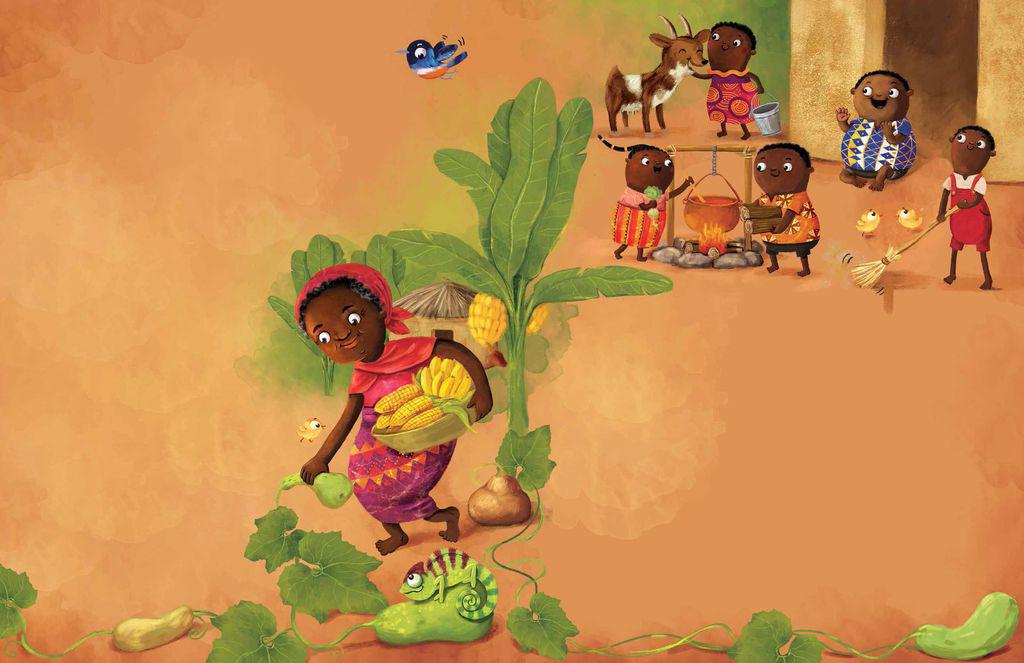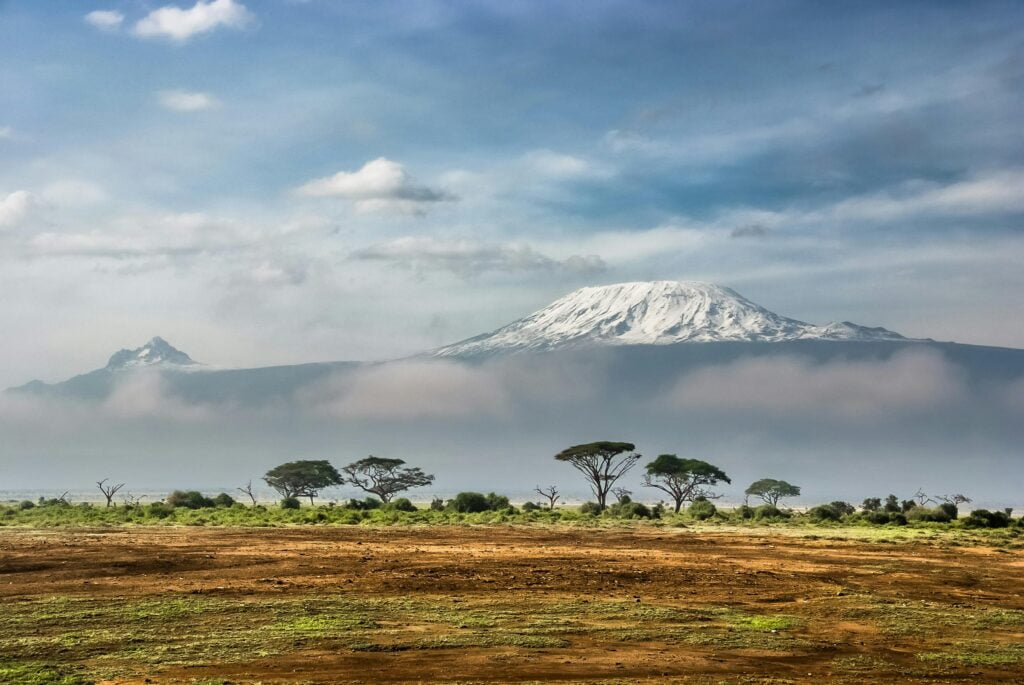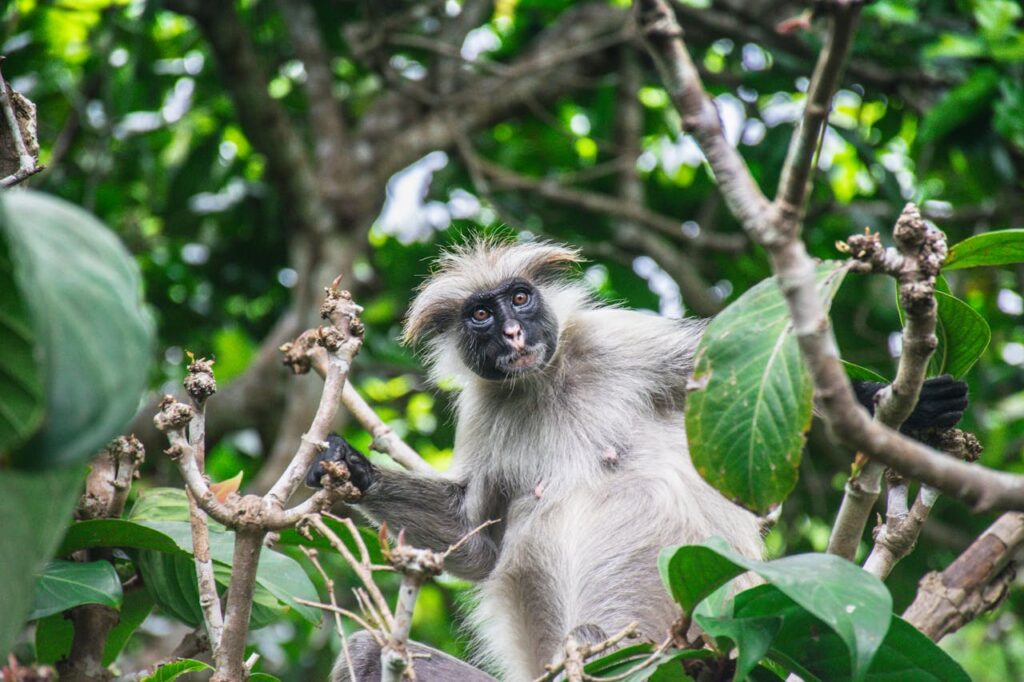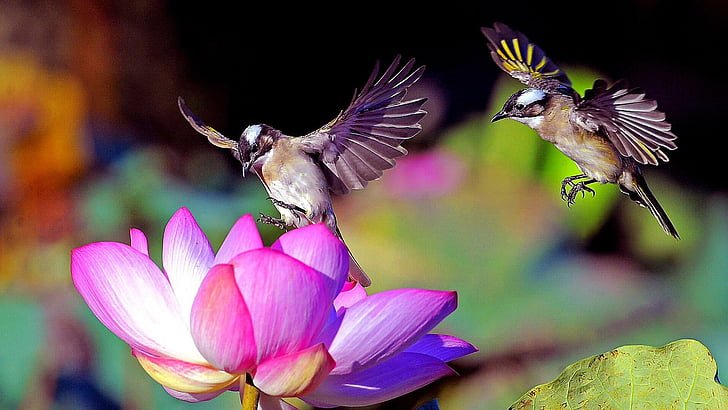Discover Tarangire National Park: Tanzania’s Majestic Elephant Haven
Tucked away in the heart of Tanzania, Tarangire National Park stands as a testament to Africa’s breathtaking landscapes and abundant wildlife. Renowned for its large elephant herds and iconic baobab trees, Tarangire offers a unique safari experience that captivates adventurers and nature enthusiasts alike. Whether you’re a seasoned safari-goer or embarking on your first African adventure, Tarangire promises unforgettable moments and a deep connection with nature. A Sanctuary for Elephants Tarangire National Park is arguably best known for its impressive population of elephants. During the dry season, thousands of these majestic creatures converge around the Tarangire River, creating a spectacular display of nature’s grandeur. Observing elephants in their natural habitat is a profound experience, as you witness their social interactions, playful behaviors, and intricate family dynamics. Beyond elephants, the park is home to other remarkable species, including lions, leopards, giraffes, zebras, and over 500 bird species, making it a paradise for wildlife photographers and enthusiasts. Iconic Baobab Trees and Diverse Landscapes One of Tarangire’s most striking features is its ancient baobab trees, some of which are over a thousand years old. These iconic trees not only provide stunning photo opportunities but also play a crucial role in the ecosystem, offering shelter and sustenance to various wildlife. The park’s diverse landscapes range from acacia woodlands and riverine forests to open plains and rugged hills, each supporting different habitats and species. Exploring Tarangire’s varied terrains unveils the intricate balance of nature and the beauty of untouched wilderness. Best Time to Visit Tarangire National Park is a year-round destination, but the best time to visit depends on what you wish to experience. The dry season, from late June to October, is ideal for witnessing the Great Migration of elephants and other wildlife congregating around water sources. This period also offers excellent game viewing conditions, as animals are easier to spot against the sparse vegetation. The wet season, from November to May, brings lush landscapes and a vibrant display of flora and fauna. While wildlife is more dispersed, the park is less crowded, and the scenery is exceptionally green and picturesque. Activities and Safari Experiences Tarangire offers a variety of activities that cater to different interests and adventure levels: Game Drives: Embark on guided game drives in open 4×4 vehicles to explore the park’s vast landscapes and encounter its diverse wildlife. Early morning and late afternoon drives offer the best chances to see animals active and thriving. Walking Safaris: For a more intimate experience, join a guided walking safari to discover the smaller details of the ecosystem, from unique plant species to tracking animal footprints. Bird Watching: With over 500 bird species, including the vibrant Lilac-breasted Roller and the majestic Crowned Eagle, Tarangire is a birdwatcher’s paradise. Cultural Visits: Engage with the local Maasai communities to learn about their traditions, lifestyle, and harmonious relationship with the surrounding nature. Hot Air Balloon Safaris: For a breathtaking perspective, take a hot air balloon ride over the park’s stunning landscapes, offering panoramic views of the wildlife and terrain below. Accommodation: Comfort Amidst Nature Tarangire National Park boasts a range of accommodation options to suit different preferences and budgets. From luxury lodges with all-inclusive amenities to cozy tented camps that offer an authentic safari experience, there’s something for everyone. Staying within the park allows you to maximize your time exploring its wonders, with many lodges offering guided excursions and personalized services to enhance your stay. Conservation and Sustainability Tarangire is committed to wildlife conservation and sustainable tourism practices. The park works closely with local communities to promote eco-friendly initiatives, ensuring that tourism benefits both the environment and the people who call this region home. By choosing to visit Tarangire, travelers contribute to the ongoing efforts to preserve Tanzania’s natural heritage for future generations. Plan Your Tarangire Adventure Whether you’re drawn by the allure of Tanzania’s majestic elephants, the charm of ancient baobab trees, or the promise of untouched wilderness, Tarangire National Park offers an unparalleled safari experience. Immerse yourself in the beauty and diversity of one of Africa’s most captivating destinations, and create memories that will last a lifetime. Ready to embark on your Tarangire adventure? Contact Future African Safari today to customize your perfect Tanzanian safari and explore the wonders that await in Tarangire National Park. Book With Us Kilimanjaro 3 tours Safari 9 tours Zanzibar 3 tours
Discover Tarangire National Park: Tanzania’s Majestic Elephant Haven Read More »

